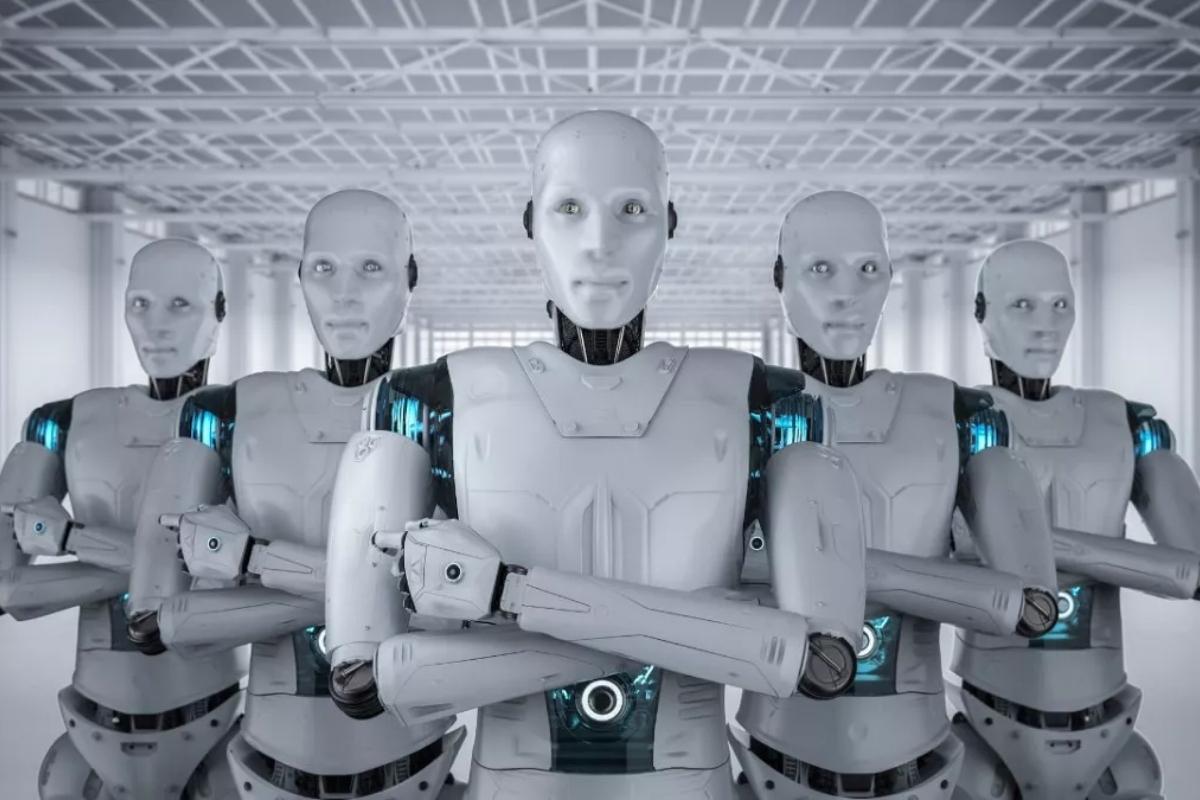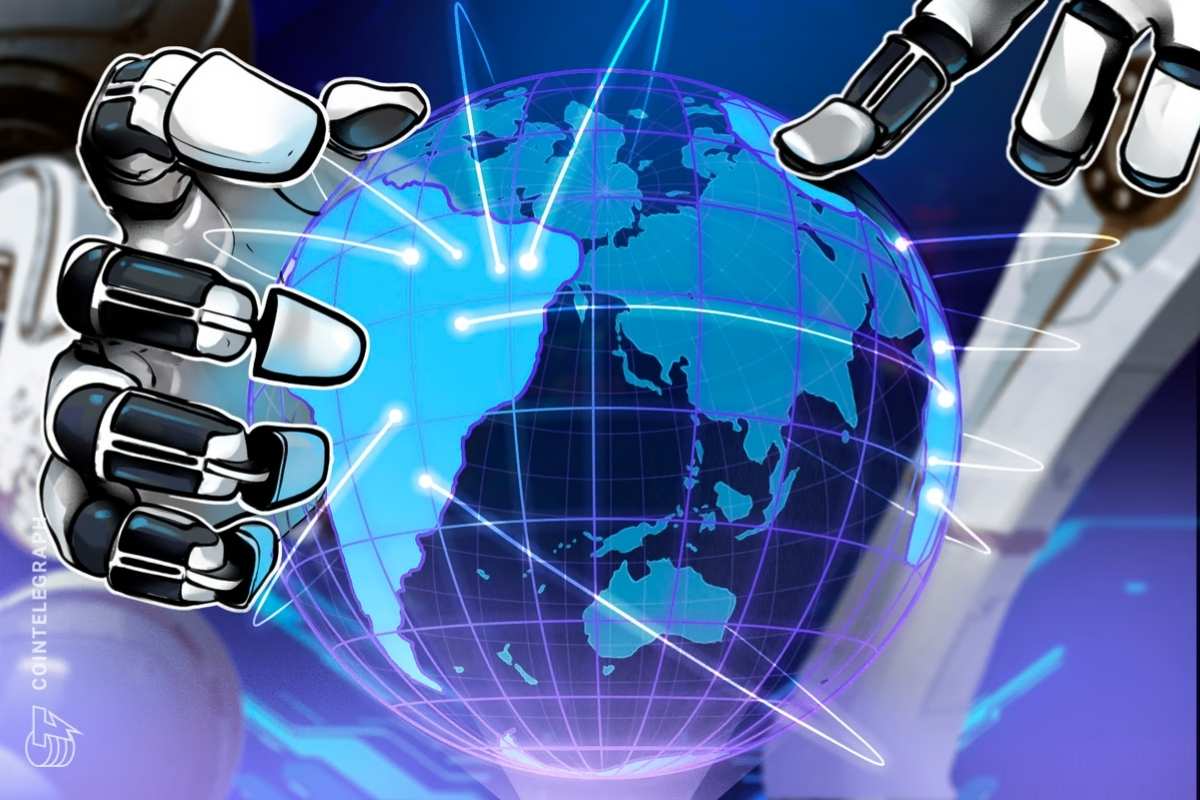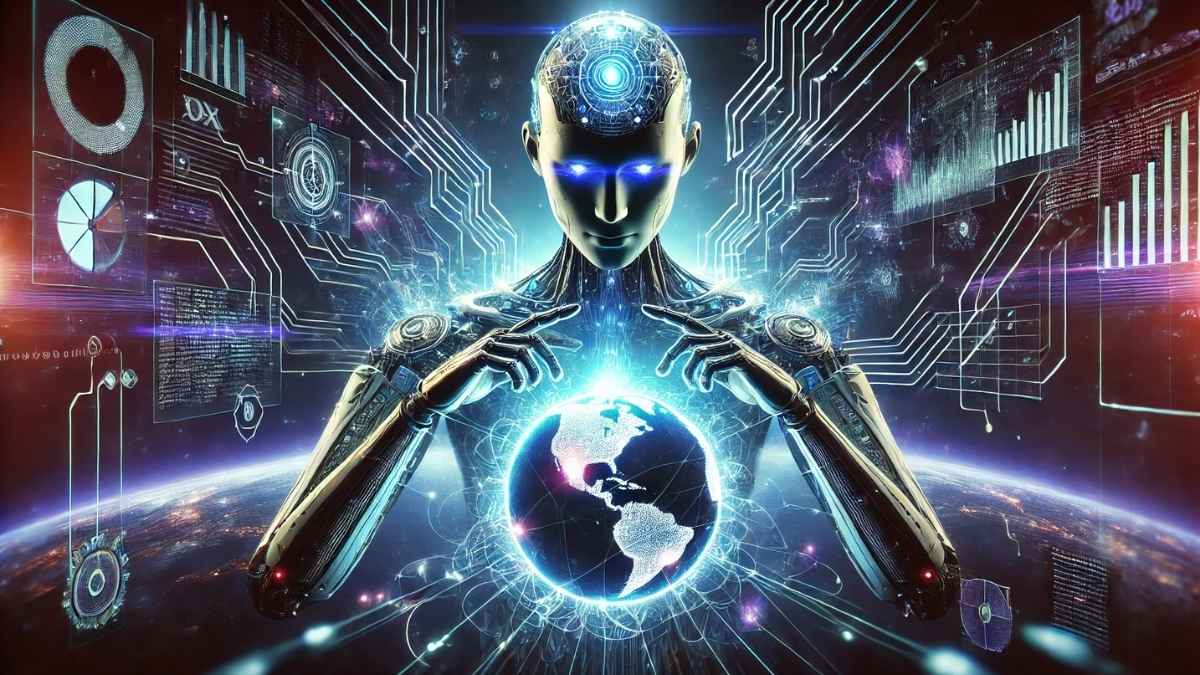Artificial Intelligence (AI) and automation are transforming industries across the United States. From manufacturing to healthcare, these technologies are reshaping the job market by increasing efficiency, reducing costs, and altering traditional employment structures. While AI and automation bring many benefits, they also create challenges, such as job displacement and the need for new skill sets. This article explores how AI and automation are reshaping U.S. jobs, the industries most affected, and how workers can adapt to this technological shift.
The Growing Role of AI and Automation
AI and automation have rapidly advanced in recent years, becoming integral to various industries. These technologies improve productivity by automating repetitive tasks, analyzing large datasets, and enhancing decision-making processes. Major corporations like Amazon, Tesla, and Google are investing heavily in AI-driven automation to streamline operations and improve customer experiences.
Some key areas where AI and automation are making an impact include:
- Manufacturing: Automated robots are assembling products faster and with greater precision.
- Retail: AI-powered chatbots and recommendation systems enhance customer service.
- Healthcare: AI-driven diagnostics and robotic surgeries improve medical care.
- Finance: Algorithmic trading and fraud detection increase security and efficiency.
- Transportation: Self-driving vehicles and automated logistics optimize supply chains.

Industries Most Affected by AI and Automation
1. Manufacturing
Manufacturing has seen one of the most significant impacts from automation. Robots now handle repetitive tasks such as welding, painting, and assembly. While automation increases efficiency, it also reduces the demand for low-skilled labor. However, it creates new opportunities in robotics maintenance, programming, and system supervision.
2. Retail and E-Commerce
Retailers like Amazon and Walmart are using AI to streamline operations. Automated checkout systems, AI-driven inventory management, and personalized marketing are changing how businesses operate. Although automation reduces the need for cashiers and warehouse workers, it increases demand for tech-related roles in data analysis, AI development, and logistics management.
3. Healthcare
AI is revolutionizing healthcare by enhancing diagnostics, predicting disease outbreaks, and assisting in surgeries. AI-powered tools, such as IBM Watson Health, help doctors make more accurate diagnoses. While AI automates some administrative roles, it creates opportunities for healthcare data analysts, AI specialists, and telemedicine professionals.
4. Finance
Banks and financial institutions are adopting AI to detect fraud, automate customer service, and provide personalized financial advice. Robo-advisors are replacing traditional financial advisors for investment decisions. Although automation reduces the need for some financial clerks, it creates demand for AI engineers and cybersecurity experts.
5. Transportation and Logistics
Self-driving trucks and AI-powered logistics systems are transforming transportation. Companies like Uber and Tesla are investing in autonomous vehicles, reducing the need for human drivers. However, new jobs are emerging in AI safety monitoring, drone delivery operations, and transportation system management.

Job Displacement vs. Job Creation
AI and automation eliminate some jobs but also create new ones. While certain roles may become obsolete, industries will require skilled workers to develop, maintain, and regulate AI technologies. The key challenge is ensuring that the workforce is adequately trained to transition into these new roles.
Jobs at Risk
- Data Entry Clerks
- Cashiers and Retail Workers
- Factory Assembly Line Workers
- Truck and Taxi Drivers
- Customer Service Representatives
Emerging Jobs
- AI and Machine Learning Engineers
- Cybersecurity Specialists
- Robotics Technicians
- Healthcare Data Analysts
- Sustainable Energy Technicians
How Workers Can Adapt
1. Upskilling and Reskilling
To stay relevant in the job market, workers must develop skills that align with AI and automation. Learning programming languages, data analysis, cybersecurity, and AI-related skills can help workers transition into new roles.
2. Emphasizing Human-Centric Skills
While AI excels at data processing and automation, human-centric skills like creativity, emotional intelligence, and problem-solving remain irreplaceable. Careers that require human interaction, such as counseling, education, and leadership, will continue to thrive.
3. Leveraging Online Education and Training Programs
Online platforms like Coursera, Udemy, and LinkedIn Learning offer courses in AI, programming, and automation-related fields. These programs enable workers to gain new skills at their own pace and stay competitive in the evolving job market.
4. Government and Corporate Initiatives
Governments and corporations must play a role in reskilling the workforce. Public-private partnerships can provide training programs, apprenticeships, and educational subsidies to help workers transition into high-demand industries.
The Future of Work in the AI Era
As AI and automation continue to advance, the U.S. job market will undergo significant transformation. While some jobs will disappear, new opportunities will emerge in technology-driven fields. The key to navigating this shift is adaptability. Workers who embrace lifelong learning, develop technical and human-centric skills, and leverage emerging educational resources will be best positioned for success in the AI-driven economy.
AI and automation are reshaping the U.S. job market, creating both challenges and opportunities. While some roles may be replaced, new careers will emerge that require advanced skills and human intelligence. By investing in education, training, and adaptability, workers and businesses can thrive in an increasingly automated world. The future of work depends on how effectively we prepare for this technological evolution.


